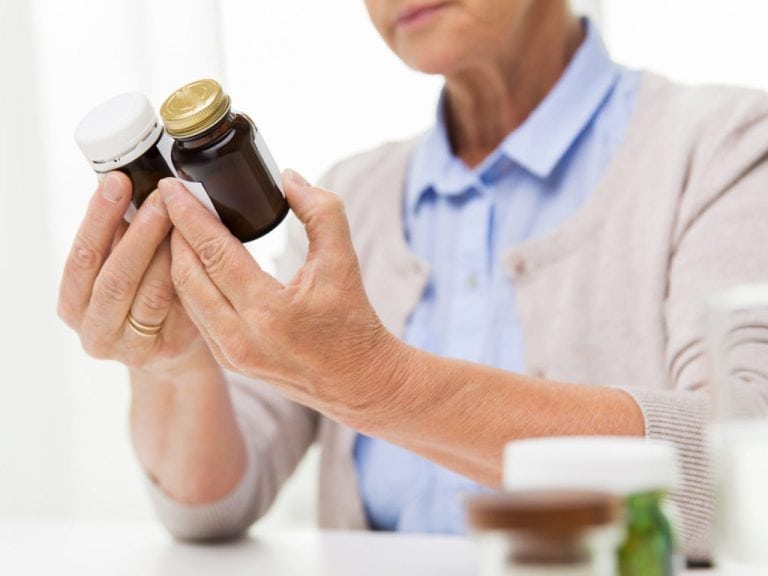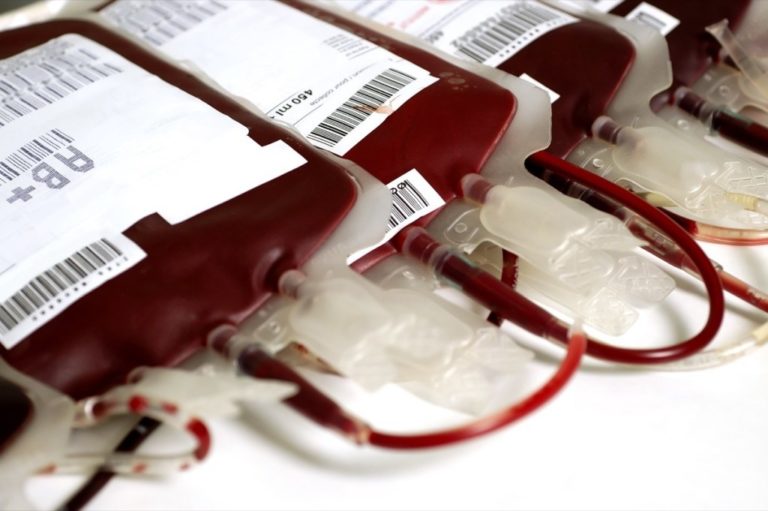
Sleep paralysis is a feeling of being conscious but unable to move. This usually occurs when a person passes between stages of wakefulness and sleep. During these transitions, you may be unable to move or speak for a few seconds up to a few minutes. Some people can also experience a pressure or a sense of choking.
Fortunately, most people need no treatment for sleep paralysis. Rarely is sleep paralysis linked to deep underlying psychiatric problems. Treating any underlying conditions such as narcolepsy may help if you are anxious or unable to sleep well.
So, if you experience this feeling, you can take steps at home to control this disorder. Start by making sure you get enough sleep and do what you can to relieve stress in your life, especially before bedtime. Also, a good start to get rid of this problem is to try new sleeping positions, if you’re used to sleep on your back.

























